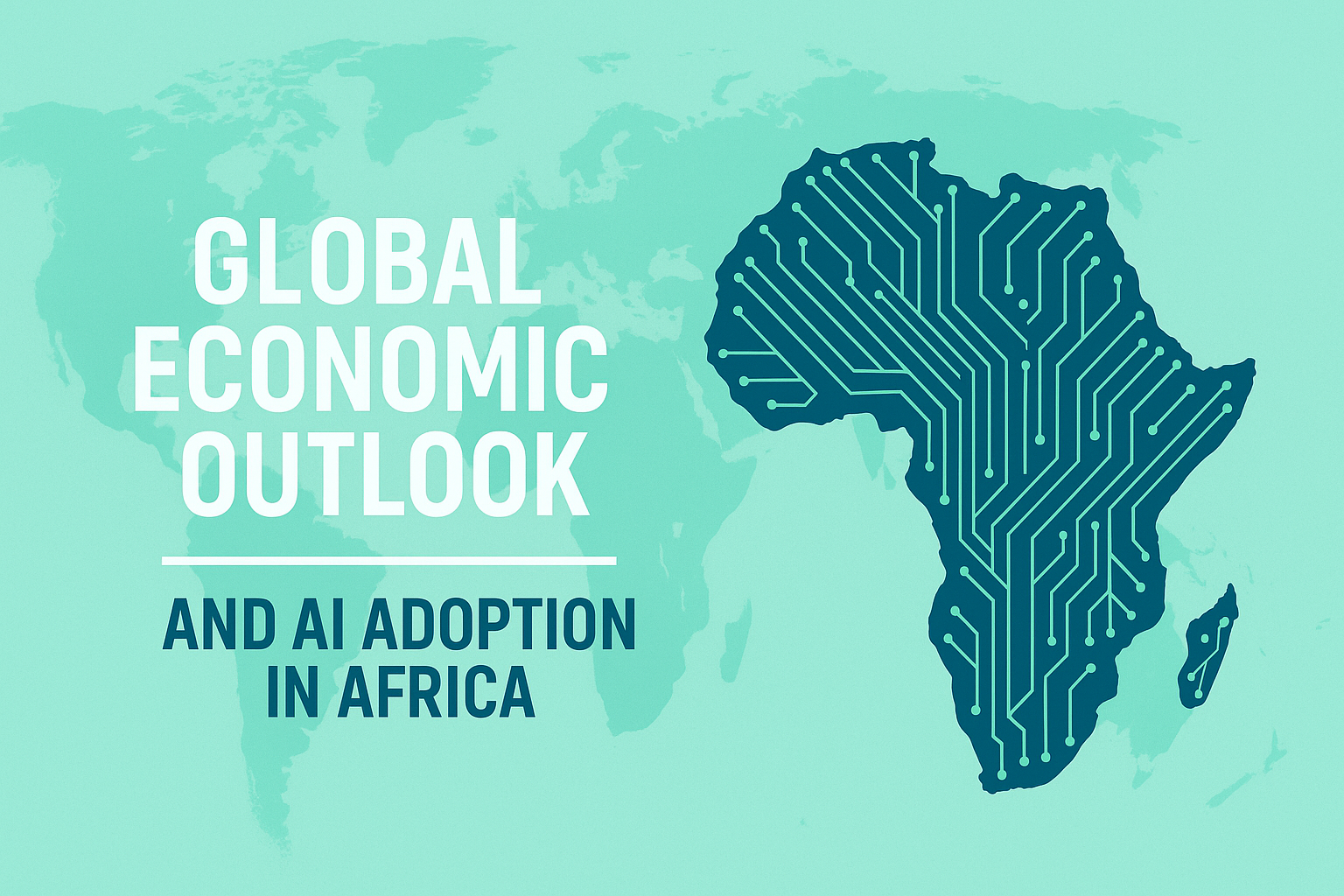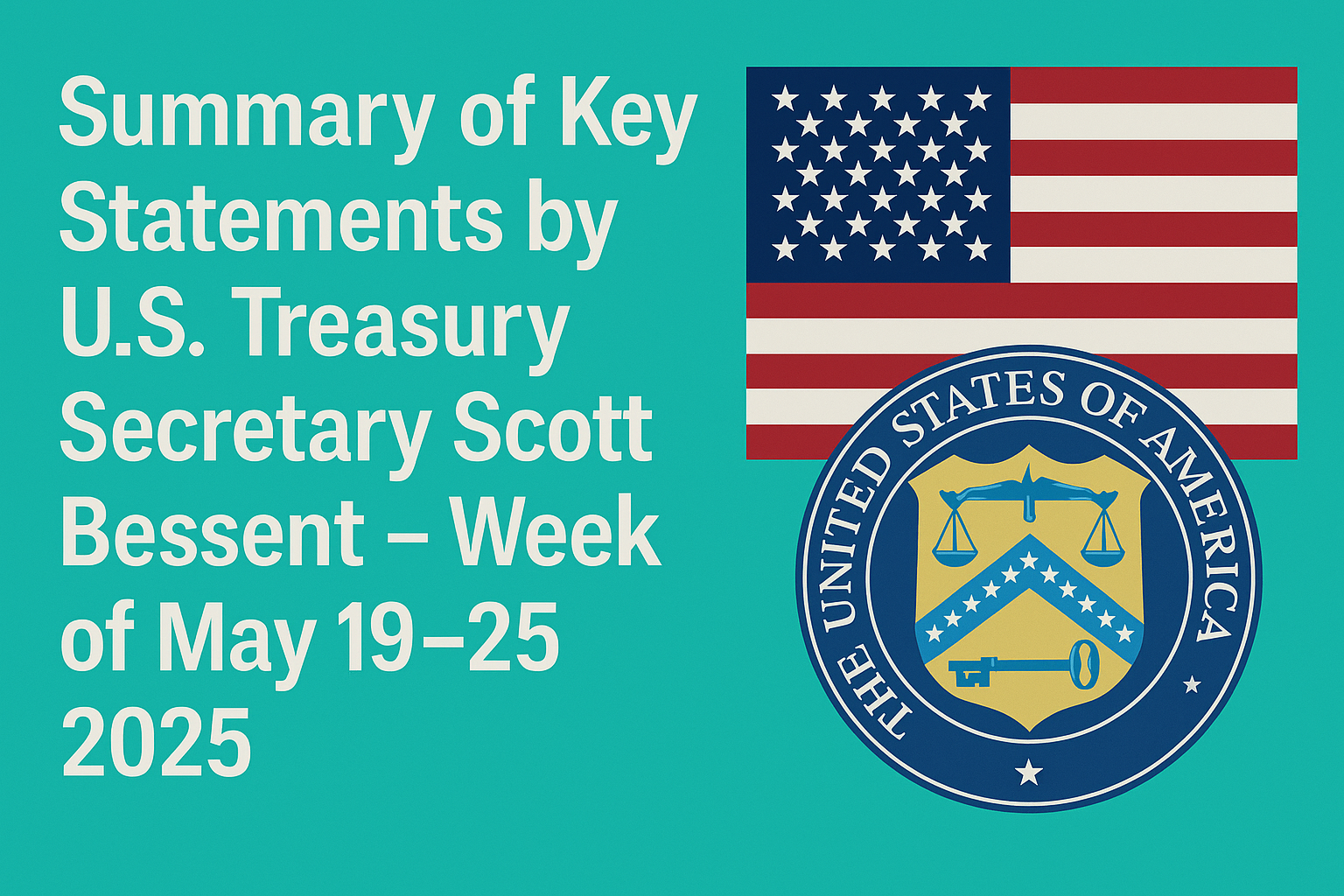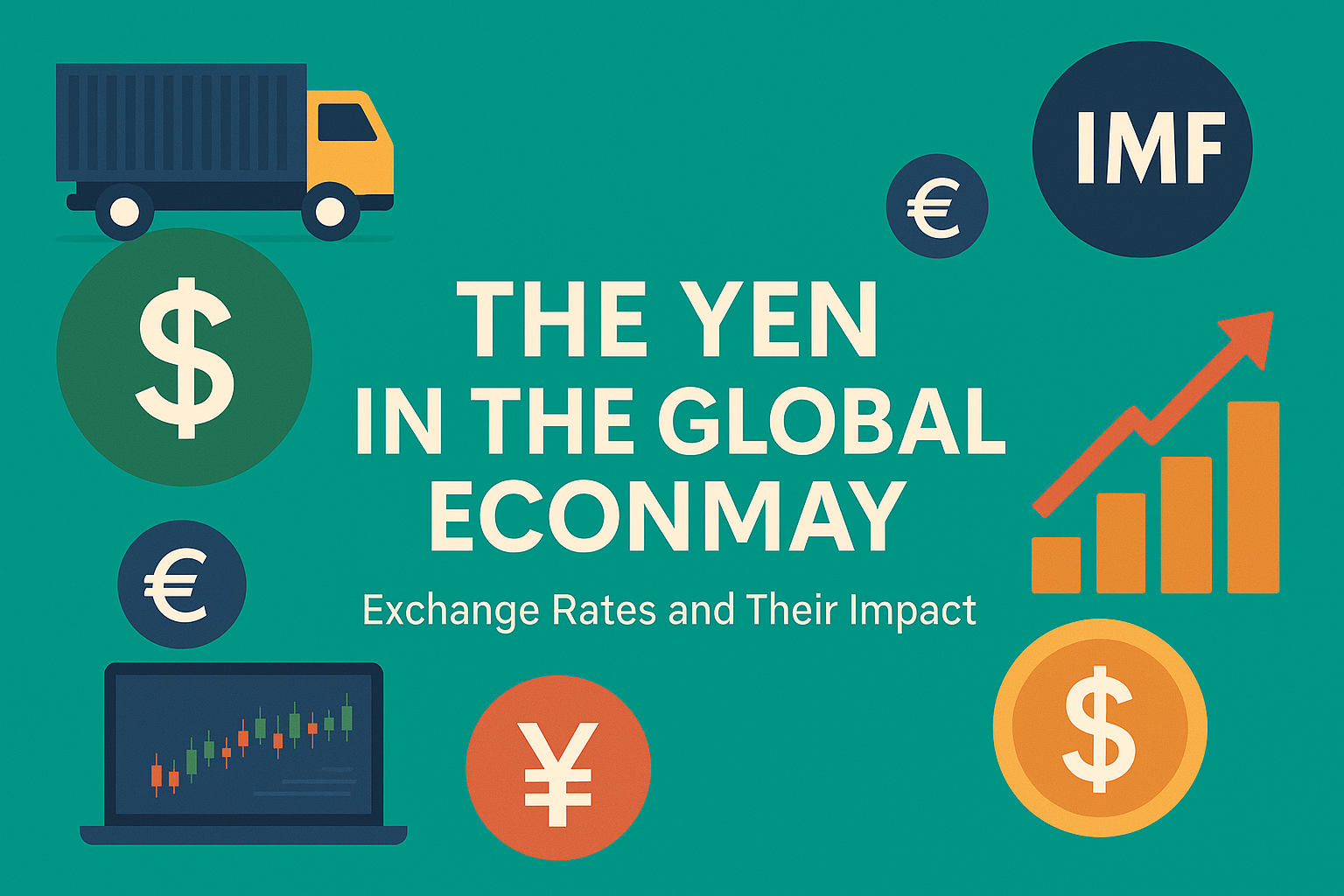This report explores the 2025 global economic outlook marked by sluggish growth and rising uncertainty, alongside the rapid yet uneven spread of AI across African nations. It highlights key economic forecasts, regional challenges, and the strategic potential of AI for inclusive development.
Part 1: Global Economic Outlook (2025)
Slowing Growth and Heightened Uncertainty
- Global Growth Forecast: The International Monetary Fund (IMF) projects global GDP growth at 2.8% in 2025, revised downward by 0.5 percentage points. This is significantly below the 2000–2019 average of 3.7%.
- Major Economies:
- United States: 1.8% growth (–1.0pp from prior forecast)
- China: 4.0%, hindered by its export-dependent structure
- Japan: 0.6%, impacted by trade slowdowns and tariffs
Key Downside Risks
- U.S. Tariff Policy: U.S. tariffs have reached century-high levels, prompting the IMF to warn of a 0.5 percentage point drag on global GDP.
- Policy Uncertainty: Trade policy ambiguity is stifling corporate investment and dampening economic momentum.
- Geopolitical Risks: Conflicts (e.g., Ukraine, Middle East) and climate-related disasters are disrupting energy prices and supply chains.
Part 2: AI Adoption in Africa (2025)
Market Size and Economic Potential
- Market Size: Africa’s AI market is valued at $4.9 billion in 2025 and is expected to grow to $16.5 billion by 2030.
- Economic Value: According to McKinsey, generative AI could unlock $61–103 billion in economic value across sectors such as banking, telecommunications, mining, energy, insurance, and public services.
Leading Countries and Applications
- Key Countries: Kenya, Nigeria, South Africa, and Egypt account for over 83% of AI startup investments in Africa.
- Use Cases: AI is being applied in agriculture, healthcare, education, and language services. In Malawi, a chatbot named Ulangizi offers farming advice in local languages.
Talent and Education Challenges
- Talent Shortage: Africa holds only 3% of the world’s AI talent, with a pressing need for high-skill professionals.
- Education Initiatives: Nigeria’s Elite Global AI aims to train 1 million African youth in AI by 2030 in partnership with HP and Expedia.
Policy and Governance
- AU AI Strategy: The African Union (AU) adopted its Continental AI Strategy in 2024, aiming to build AI governance frameworks and talent pipelines across member states by 2026.
- Data Protection Laws: 39 African countries have enacted data protection laws, with 35 explicitly addressing automated decision-making.
Conclusion and Policy Implications
- Global Outlook: 2025 is marked by low growth and mounting uncertainty. Global coordination on trade policy, innovation, and structural reform will be essential for recovery.
- Africa’s AI Path: AI presents both opportunities and structural hurdles in Africa. Context-aware strategies and international support will be critical to harness AI for inclusive development.
📚 Sources
- IMF Global Outlook Report, April 2025
Reuters – IMF cuts growth forecasts - McKinsey & Company
Africa’s GenAI Opportunity - African Union – AI Strategy
AU Press Release – AI as a Strategic Priority - World Bank Global Economic Prospects, Jan 2025
World Bank – Press Release - TIME Magazine
Malawi’s AI for Farmers and Teachers - IAPP – Data Protection in Africa
IAPP.org


